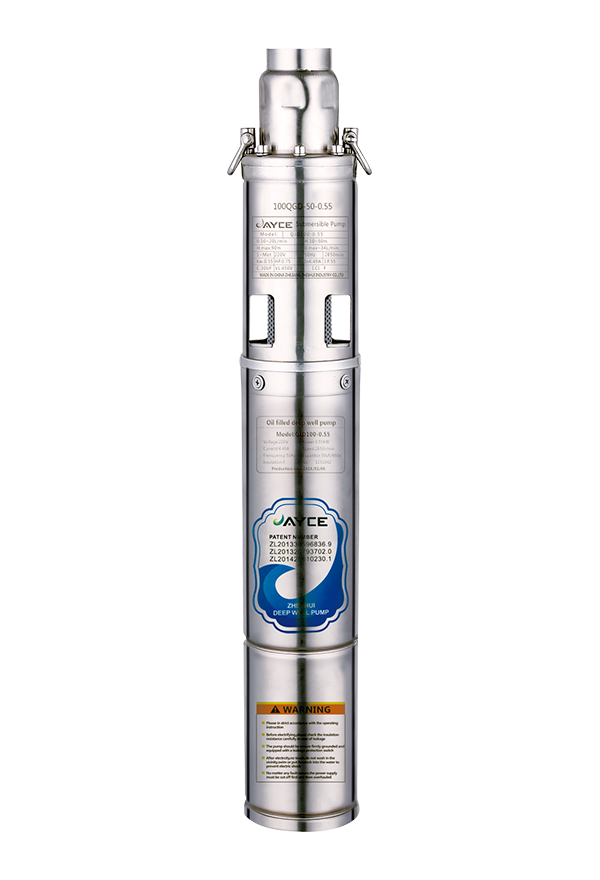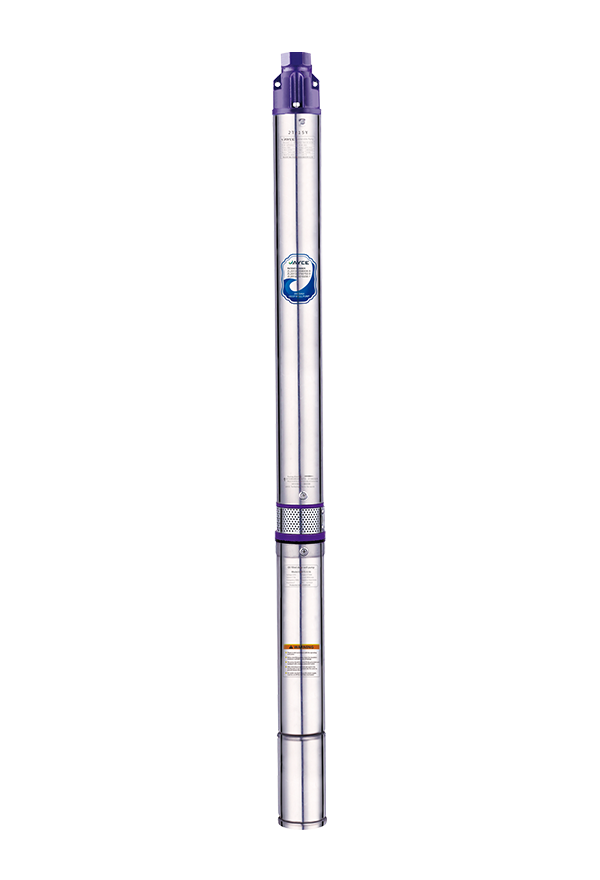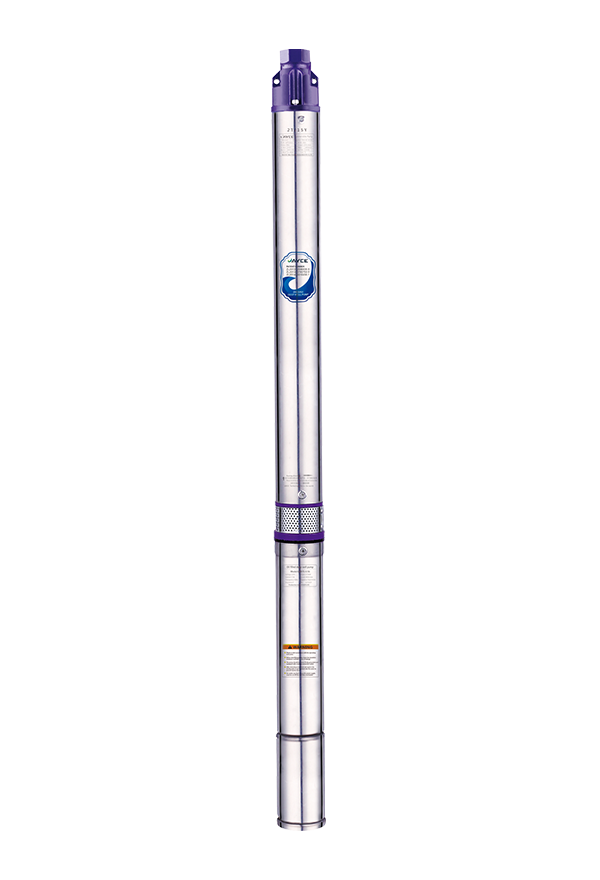Wholesale Cheap 240 Volt Submersible Water Pump Manufacturer
In an era marked by increasing environmental concerns, the quest for sustainable solutions has become paramount across various industries. Among the many technologies contributing to this cause, 240 Volt Submersible Water Pumps have emerged as vital tools in the drive towards eco-friendliness. These pumps offer a unique combination of efficiency, reliability, and environmental consciousness, making them indispensable in numerous applications.
At the heart of their effectiveness lies their design and functionality. 240 Volt Submersible Water Pumps are engineered to operate submerged in water, efficiently drawing and pumping liquid from wells, reservoirs, and other sources. Their ability to function underwater not only maximizes operational efficiency but also less the risk of water wastage, a crucial aspect in sustainable water management.
One of the key advantages of 240 Volt Submersible Water Pumps is their energy efficiency. Unlike traditional surface pumps, which often require significant energy expenditure to lift water to the surface, submersible pumps operate closer to the water source, reducing energy consumption. This inherent efficiency translates into lower electricity bills and reduced carbon emissions, aligning ideally with sustainability goals.
Furthermore, the durability and longevity of 240 Volt Submersible Water Pumps contribute to their environmental friendliness. Built to withstand harsh operating conditions, these pumps require less maintenance and have extended service lives, reducing the need for frequent replacements and the associated environmental impact of manufacturing and disposal.
In agricultural settings, 240 Volt Submersible Water Pumps play a crucial role in irrigation systems, delivering water directly to the roots of plants with less loss due to evaporation or runoff. By optimizing water usage and ensuring precise delivery, these pumps enable farmers to conserve water resources while less crop yields, thereby promoting both environmental and economic sustainability.
In industrial and municipal applications, 240 Volt Submersible Water Pumps are deployed in wastewater treatment plants, stormwater management systems, and various other infrastructural projects. Their ability to handle large volumes of water efficiently and reliably makes them indispensable in maintaining the integrity of water supply and sanitation networks, crucial components of sustainable urban development.
Moreover, the versatility of 240 Volt Submersible Water Pumps extends beyond traditional applications. In renewable energy systems such as hydropower generation and geothermal heating, these pumps facilitate the harnessing of natural resources in a sustainable manner, contributing to the transition towards cleaner and greener energy sources.
The widespread adoption of 240 Volt Submersible Water Pumps underscores their significance in the global pursuit of sustainability. From rural communities striving for access to clean water to metropolitan areas grappling with water scarcity and pollution, these pumps offer scalable solutions that prioritize environmental responsibility without compromising performance.
In conclusion, 240 Volt Submersible Water Pumps represent a paradigm shift in water management and resource utilization. Their efficient operation, durability, and versatility make them indispensable allies in the quest for sustainability, powering eco-friendly solutions across diverse sectors and geographies. As we navigate the challenges of a rapidly changing world, harnessing the potential of these pumps is not just a choice but a responsibility towards future generations and the planet we call home.
In the journey towards sustainability, innovation plays a pivotal role in driving progress. As technology continues to evolve, so do the capabilities of 240 Volt Submersible Water Pumps. Manufacturers are constantly refining their designs, incorporating advanced materials, and leveraging digital technologies to enhance efficiency and performance.
The integration of smart features, such as remote monitoring and control, enables operators to optimize pump operation, with less energy consumption, and less productivity. Real-time data analytics provide valuable insights into pump performance, allowing for proactive maintenance and troubleshooting, further reducing downtime and environmental impact.
Additionally, research and development efforts focus on improving the environmental footprint of pump manufacturing processes. By adopting sustainable practices and sourcing materials responsibly, manufacturers strive to less their carbon footprint and promote eco-friendly production methods.

 English
English bahasa Indonesia
bahasa Indonesia




.png)
.png)
